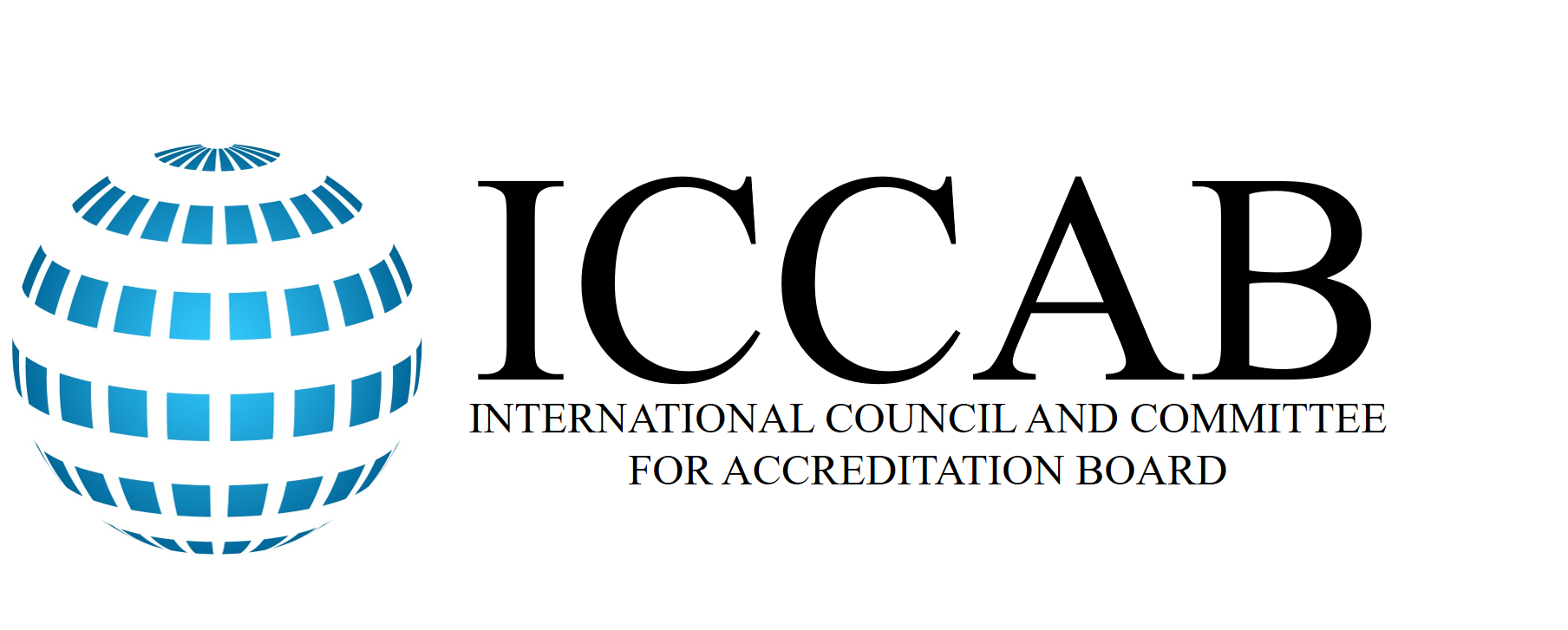
Reliability Through Conformity Assessments
Requirements regarding the quality of goods and services are continuously increasing as a result of the liberalisation of global trade and increasing demands by consumers, companies and legislators. Whether for environmental protection, in the food or electrical industry, health care or renewable energy - for these and many other industries, objective testing, calibrations, inspections or certifications therefore play a very important role.
These assessments ensure that tested products, methods, services or systems are reliable with regard to their quality and safety, that they correspond to a technical minimum standard and conform to the standards, guidelines and laws that correspond with the various requirements. These objective attestations are therefore also described as conformity assessments.
Trust Through Accreditation
However, the trust placed in certificates, inspections, tests or calibrations stands and falls with the competence of the person that renders the assessment service. Many of these so-called conformity assessment bodies therefore confirm the quality of their own work with an accreditation.
As part of the accreditation procedure, they can confirm to an independent accreditation body that they carry out their activities with technical competence, in compliance with statutory and standards-based requirements and at an internationally comparative standard. The accreditation body assesses and monitors the management system and the competence of the conformity assessment body's assigned personnel.
Therefore accreditations play a key role in warranting the comparability of conformity assessment results and creating trust in the quality and safety of products and services.
Definition Of The Term Accreditation Pursuant To ISO/IEC 17011
"Accreditation refers to third-party attestation related to a conformity assessment body conveying formal demonstration of its competence to carry out specific conformity assessment tasks"



